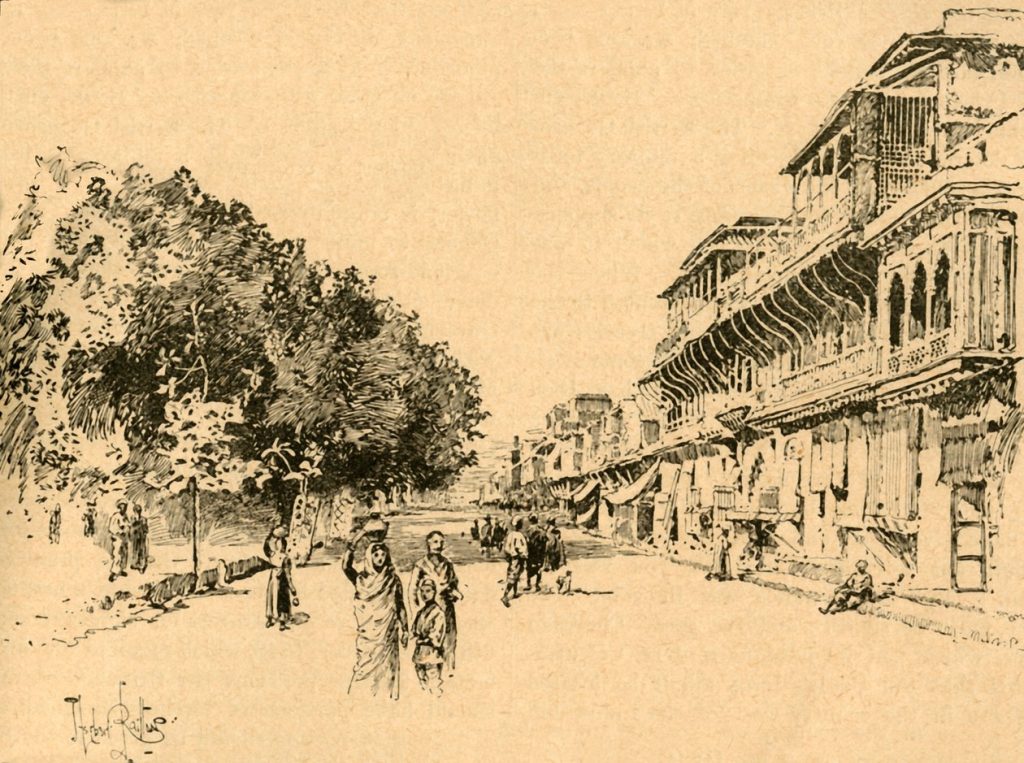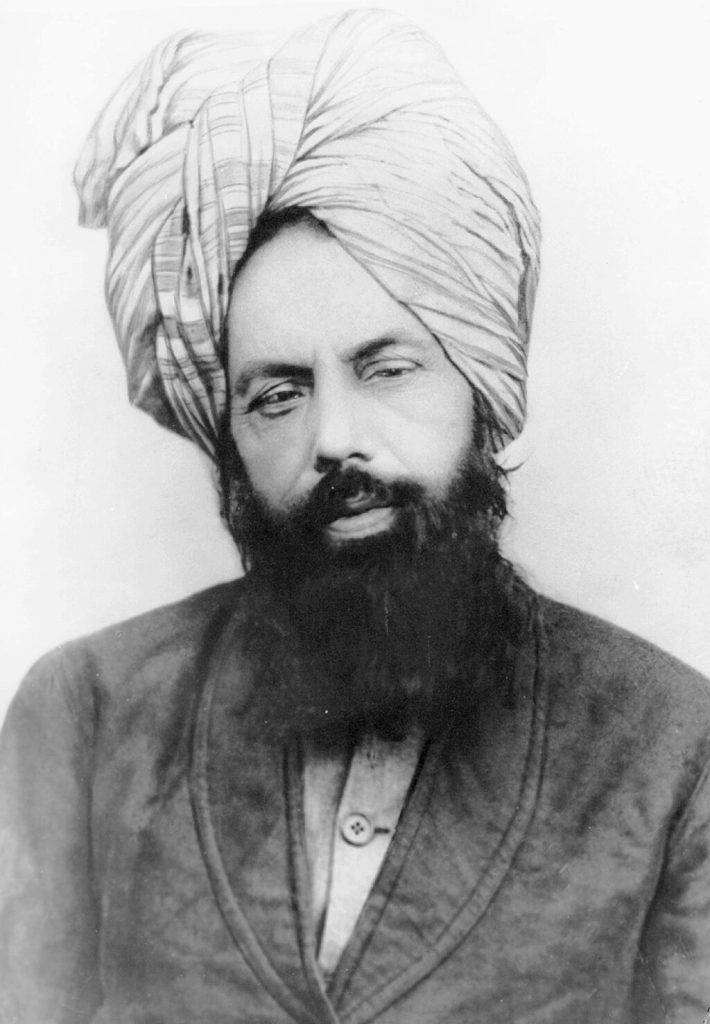GHULAM MURTAZA, MIRZA, served the Lahore Darbar under Maharaja Ranjit Singh and his successors for several years. One of his ancestors, Hadi Beg, a Mughal migrant from Samarkand, had emigrated to the Punjab in 1530 during the reign of Babar and got appointment as qdzi or magistrate over seventy villages in the neighbourhood of Qadian. Hadi Beg`s descendants were engaged in constant struggle with the Ramgarhia and Kanhaiya sardars who had occupied territory in the neighbourhood of Qadian. Maharaja Ranjit Singh who had confiscated the possessions of the Ramgarhia chiefship restored to Ghulam Murtaza a large portion of his ancestral estates.
Explore the riveting life of Shaikh Imam Ud-Din, governor of Kashmir under Sikh rule, known for his pivotal role in 1840s political strategies and conflicts.
Discover the bravery of Ramdat Singh, a valiant soldier in Maharaja Ranjit Singh's army, who fought fiercely until his last battle in 1790.
Discover the story of Abdulla Khwaja, a pious jail keeper in Delhi who revered Guru Tegh Bahadur and later served Guru Gobind Singh in Anandpur as a physician.
Explore the origins of the Ahmadiyah Movement, founded by Mirza Ghulam Ahmad in 19th century Punjab, challenging Christian and Hindu influences.
CHATTHIAN DI VAR is a Punjabi ballad describing the battle between Mahan Singh, father of Maharaja Ranjit Singh, and Ghulam Muhammad Chattha, a Muslim chieftain of the Chattha clan of the Jatts. The poet is some Pir Muhammad, whose name appears in some verses of the poem. The Var was first published in Persian script by Qazi Fazal Haq, a teacher at Government College, Lahore. According to his statement, Pir Muhammad, the poet, was a resident of Gujrat district, and he composed this ballad in the early years of the British occupation of the Punjab.
GHULAM MOHIY UDDIN, SHAIKH (d. 1845), who rose to be governor of Kashmir in Sikh times, was the son of Shaikh Ujala, a munshi or accountant in the service of Sardar Bhup Singh of Hoshiarpur. At a young age, Ghulam Mohiy udDin took up service under Diwan Moti Ram, the governor of Kashmir, later shifting to Lahore. He exhibited great diplomatic skill when in 1823, under Maharaja Ranjit Singh`s instructions, he persuaded Sardar Muhammad `Azim Khan of Kabul, who had marched upon Peshawar, to retire without firing a shot. In 1827, Kirpa Ram, Diwan Moti Ram`s son, took him to Kashmir upon his appointment as governor of the province.





